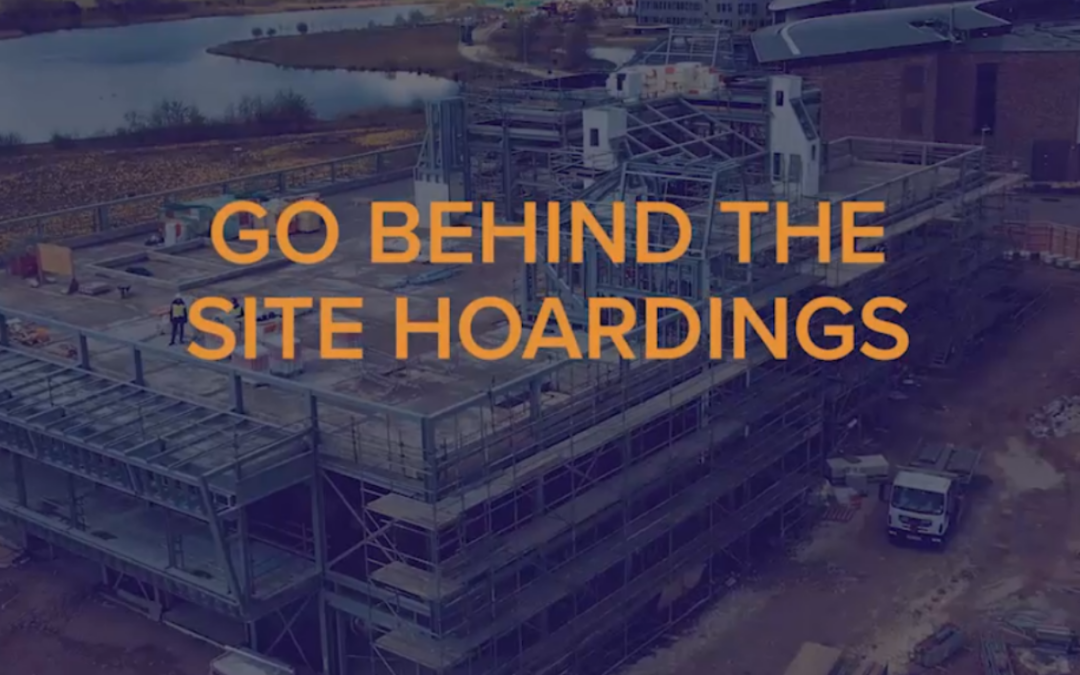FIS CEO, Iain McIlwee explores the importance of the word “No” in construction.
The procurement research FIS published in February 2023 coined the expression the “Responsible No”
“No” is a tiny word, one syllable, but at times, the hardest to say. If we say “No” to a clause in a contract, there always seems to be another firm willing to say “Yes”. If we raise too many issues, or qualify too much in our tender response, we may well lose the job. It is easy to talk about “No”, but in a tight, price-sensitive market, with mouths to feed…
The problem is that if we don’t exercise the option of “No”, if we don’t clarify, qualify and draw the line we take responsibility for issues outside of our control, assume responsibility for compliance and sign up to damages and delays that we can’t cover. Even if we avoid the worst of the financial hit, how often do we find ourselves staring at a detail on a construction site, scratching our heads and working it out on the fly – “the site fix”?
Regulation is driving change, common sense demands it
Changes to The Building Act 1984 carried through as part of the Building Safety Act changes, mean that we are liable for that detail for 10 years from a Building Control enforcement perspective and if it impacts fire or structural safety, it could be a 15-year plus liability (with prison sentences if it can be proved we were negligent).
As a sector we pride ourselves on our ability to get the job done, to adapt the design and make it work, but duties in the Building Regulations are now clearer and more onerous. The regulatory environment has changed, a heart full of hope and a tube of mastic isn’t enough.
On higher risk projects we’ve got major and notifiable changes – strict change control processes that should be in place. On all jobs, the building control officer is under greater pressure to ensure evidence is provided – they want to see (or photos of) as-built details backed by evidence of performance and competence.
The principal designer needs to start signing the job off on completion too, it is all about evidence, quality control and information management. If the principal designer won’t support or Building Control won’t sign-off, works stops and with it the flow of monies, I refer you back to the cost of delays mentioned above.
The old days of “Bob the Builder, can we fix it?” and a rousing chorus of “Yes… we can” is changing. The retort now needs to be more like: “Not necessarily Bob, certainly not until Sarah the supervisor has checked with Alan the architect who has reviewed against the design, clarified with Edna the engineer and Mike the M&E designer, and ensured Quinn the quantity surveyor is aware. We also need to consider if we need to advise Barry the building control officer and he may need to liaise to Bertha the building safety regulator before … We can!”
This is a cultural change that we need to filter through our supervision protocols, into our Tool Box talks, and embed in our daily processes. But it isn’t just a site thing. Len Bunton always reminds me that dispute resolution begins and most problems could be solved before we sign the contract. There is always risk in construction, but with new potential for delays and new liabilities, we must understand these risks and cap them appropriately.
Yes, but…
This need for risk awareness is the reason that we have introduced an FIS Contract Review Service. We know that 41% of our members never seek legal advice (scarily only 17% never start on site without a contract in hand!). This subsidised service is about helping members understand the risks and how to push back. It is also about FIS isolating unreasonable requests and pushing back as a collective. Getting your contracts reviewed routinely would be a good New Year’s Resolution. The “Responsible No” is a big ask, but maybe we can make 2024 the year of the Confident Reasonable “Yes, but…”
To read the full research with the University of Reading on Procurement Practices in the Fit-out Sector CLICK HERE
To find out more about the FIS Contract Review Service CLICK HERE
This article was published originally in SpecFinish January 2024. Articles include Digitalisation of Construction, How Employee Owned Trusts are helping to change the sector, Changes in Competency Requirements, unique challenges with the specification of operable walls and insights into the significance of incorporating Approved Document B (ADB) into the design and construction of pods. You can read the full magazine here.






